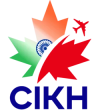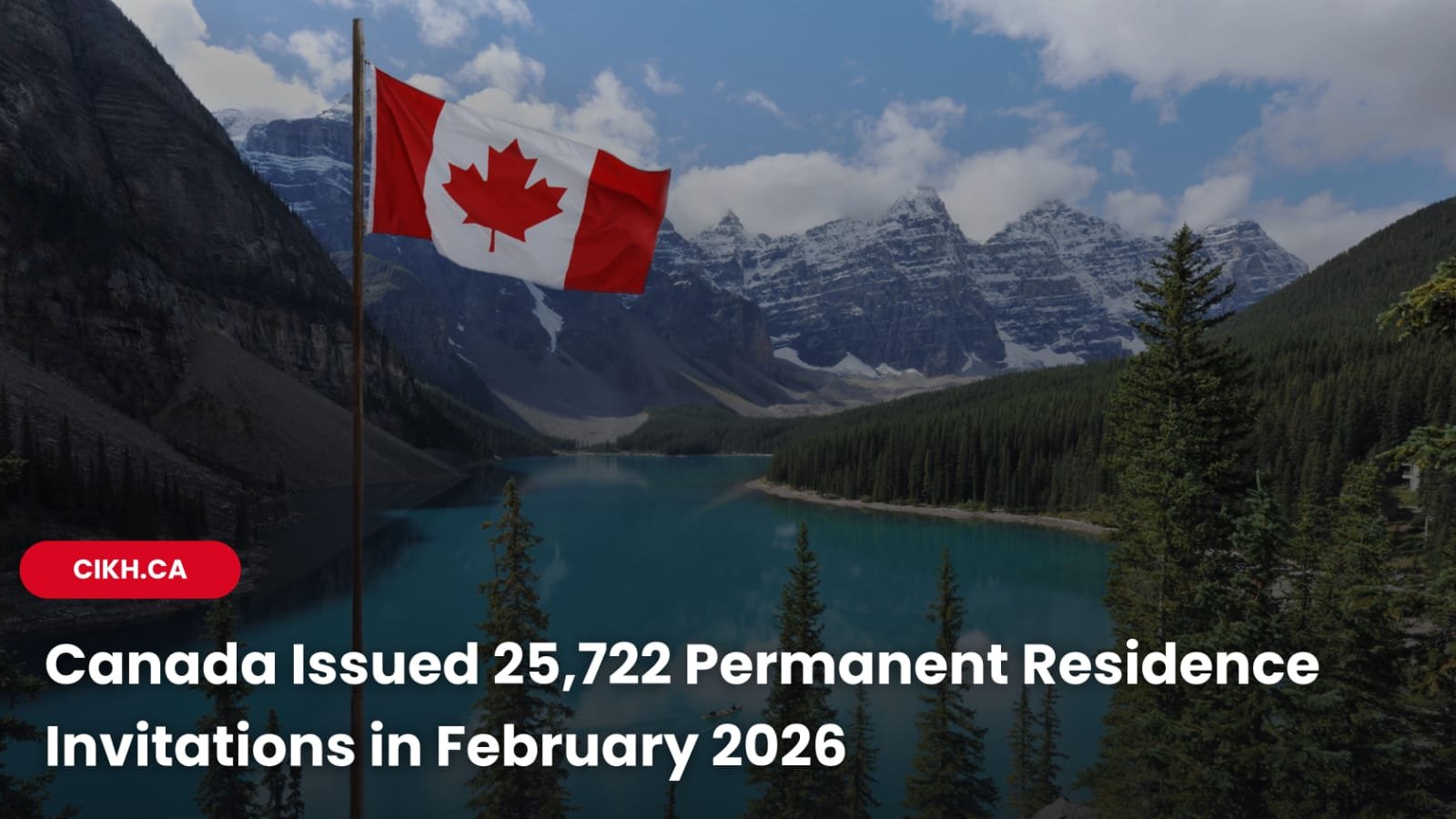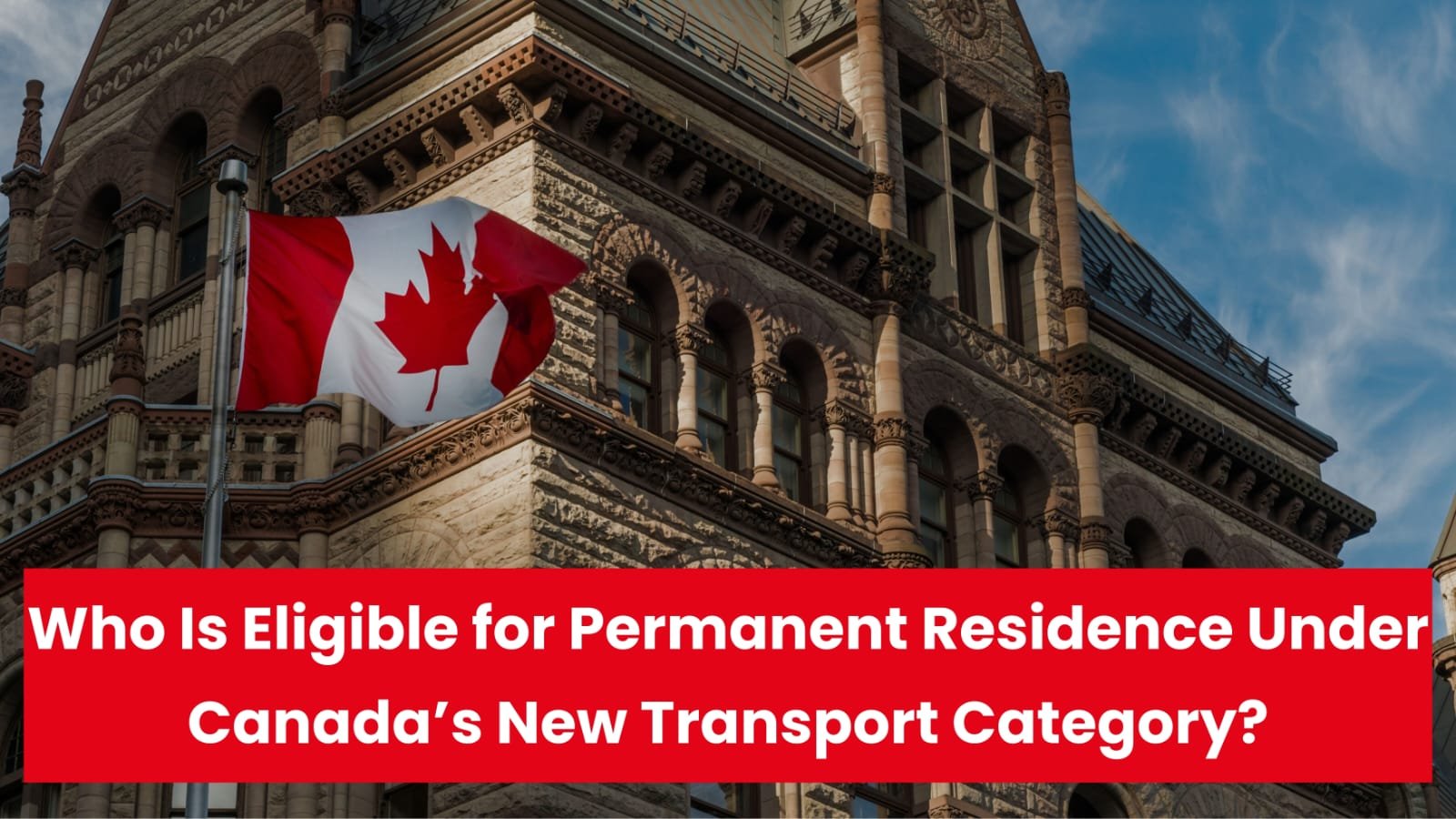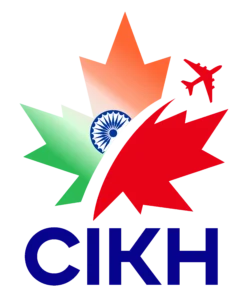As of November 8, 2024, Immigration, Refugees and Citizenship Canada (IRCC) has officially stopped accepting study permit applications through the Student Direct Stream (SDS). Additionally, the Nigeria Student Express (NSE) program for Nigerian applicants has also been discontinued. From now on, all study permit applications must follow the standard application process.
The Student Direct Stream (SDS) was introduced in 2018 to speed up study permit processing for international students from 14 countries, including India, China, Pakistan, and the Philippines. Unlike the standard process, SDS applicants needed to submit language test scores and proof of a Canadian Guaranteed Investment Certificate (GIC) valued at $20,635 CAD, along with other study permit requirements.
Initiating your study permit application early
The SDS program traditionally offered higher approval rates and quicker processing times than the standard study permit application process. With the closure of SDS, prospective students should now anticipate longer processing times.
Standard study permit processing times differ by country. For instance, as of November 8, the average processing time for applications from India is now 8 weeks.
Latest updates to Canada’s international student program
In 2024, Canada introduced new measures for its international student program as the federal government aims to manage the number of temporary residents (study and work permit holders) in the country.
Over the past year, IRCC has:
- Established a cap on new study permits, with a 2025 limit of 437,000, which includes master’s and PhD students.
- Introduced new language and field of study requirements for eligibility under the Post-Graduation Work Permit (PGWP) program.
- Restricted work permits available to spouses of international students.
- Revised the cost-of-living financial requirement for international students applying for a Canadian study permit.





